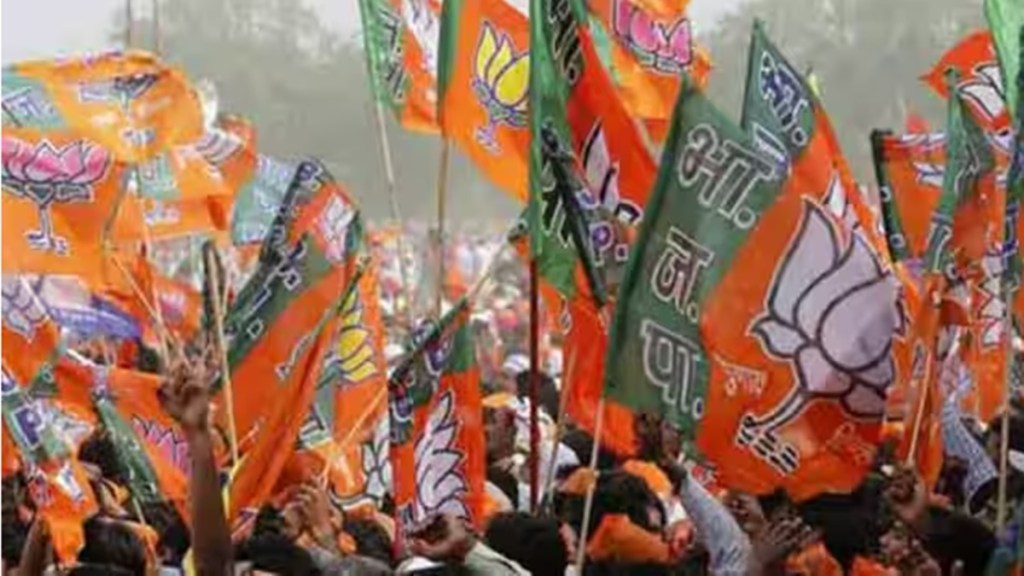The India or Bharat debate that has erupted after a G20 dinner invite that was sent out in the name of ‘President of Bharat’ is a needless one. This country has seen a coexistence of India and Bharat (the other name, Hindustan, didn’t find any mention in the Constitution) for a long time and that’s how it should remain. At least two Union cabinet ministers have denied any move to rename the country as Bharat, so the controversy should ideally find a quiet burial. Yet, the government should tell citizens why it found it necessary to mention “President of Bharat” in an official English language announcement. The convention so far has been to mention either ‘President of India’ or ‘Bharat ke Rashtrapati’, the logic being India would be chosen in English language official communications, and Bharat in Hindi and other official languages.
What added to the concern was Rashtriya Swayamsevak Sangh chief Mohan Bhagwat’s recent plea to citizens to stop saying India, which he said was an English word, and use the Hindi Bharat instead. Bhagwat was only drawing on a longstanding tradition of the Sangh Parivar that has used Bharat since before Independence. For the Sangh and the BJP, only Bharat has a linguistic and cultural context for Indians, not India. That’s still fine as long as it’s the opinion of an individual or the Parivar, but the government should not speak the same language. Though language identity is the most common basis for nationalism—Burma became Myanmar, Ceylon renamed itself Sri Lanka, Rhodesia became Zimbabwe and Siam was rechristened Thailand—India doesn’t need to follow suit.
Language nationalism has played out in India, too—after all, there was heated debate in the Constituent Assembly over the republic’s name at the time of drafting of the Constitution. But the matter was settled soon and the very first article of the Constitution read: “India, that is Bharat, shall be a Union of States”. It has served the country well all these years. Hence, it would be a sheer waste of time to try and amend the Constitution to remove the name India just to please a pro-Bharat constituency. After all, in June 2020, the Supreme Court had dismissed a PIL seeking to remove India from the Constitution and retain only Bharat in order to ensure the citizens of this country get over the colonial past. The court’s logic: “India is already called Bharat in the Constitution itself.”
So, instead of quibbling over the name, efforts should rather be directed towards addressing the gap between India and Bharat. For some reason, the names have acquired an economic connotation, with the urban areas being referred to as India, as against Bharat representing the rural parts of the country. The gulf in economic wellbeing and development achieved between the two has been widening—that’s a more substantive point to be deliberated upon. Renaming the country as Bharat can’t solve that problem. In any case, India is unique among countries to have two names for itself—this duality, however, offers a wide cover for everyone to agree to a common sense of nationhood, though with different ideas of what the nation means. The two should be allowed to co-exist. Will “As Bharat begins its tryst with destiny…” sound better than “As India begins its tryst with destiny…? As the answer is obvious, the focus should be on the spirit rather than the letter.


